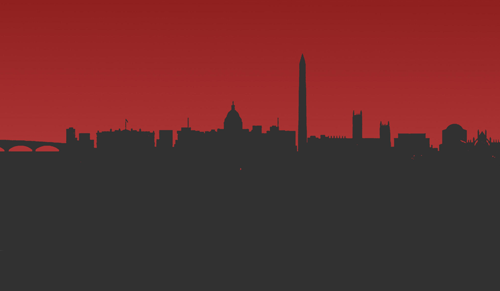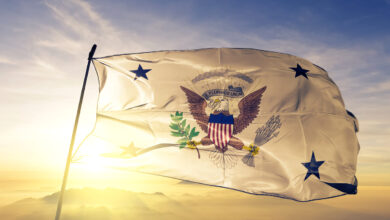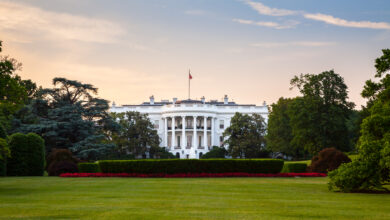Thugs-я-Us: Growing Impunity
This Essay Appeared in Last Friday's Edition of FP Interrupted

On October 10, 1957, Komla Gbedemah entered a Howard Johnson’s diner in Dover, Delaware. Gbedemah was the finance minister of Ghana, a country that was just seven months old. He ordered an orange juice at the counter as he waited to be seated. He was given his juice in a brown bag and told that he could not be seated at the restaurant – “colored people weren’t allowed.”
It took no time before this news reached the White House. Upon hearing it, President Dwight Eisenhower apologized to Minister Gbedemah and extended the minister an invitation for breakfast. “I believe the United States as a government, if it is going to be true to its founding documents, does have the job of working hard toward that time when there is no discrimination made on such (an) inconsequential reason as race, color, or religion.” Remember, it was 1957. Still, as Andrew Glass points out in this piece, “Eisenhower recognized that such incidents tarnished America’s image around the world.”
America’s image around the world mattered to not only Eisenhower, but to U.S. presidents, of both parties, throughout the 20th century. Particularly in the wake of World War II, the United States had emerged as a “superpower” that not only had economic and military might but made it a point to champion democratic values, human rights, and civil liberties. It did not always succeed. Strongmen were coddled. Human rights were sidelined. Dissenters were sold out. Rape was dismissed. Genocides were ignored. Violations of international law were tolerated. Yet, even in the face of numerous failures, the U.S. did not retreat or relent from global engagement or internationalism. The world mattered.
Today, we have a president that has jettisoned internationalism for self-interest –
“America first.” Strong nations look out for themselves. And how they have – wherever it is necessary.
In March, a former Russian intelligence agent, Sergei Skripal, and his daughter, Yulia, were poisoned in England with Novichok, a rare nerve agent that Russia is known for having developed. Over the past week, China detained the head of Interpol. More worryingly, Saudi Arabia appears to have kidnapped or murdered journalist Jamal Khashoggi in its consulate in Istanbul, Turkey. That’s “not good” said Trump. Still, he emphasized that relations with the Arab kingdom were “excellent.”
No doubt, diplomacy is Kabuki – the art of finesse, if not avoidance, for a higher purpose. Yet, in the age of Trump, it is hard to identify a purpose that is not self-serving and that does not encourage thugs and impunity. Self-interest is antithetical to progress and encouraging to repression. We are all worse off for it – with perhaps the worst still yet to come.
On that cheery note, a number of experts on the same wavelength…..
- Journalist and Saudi dissident Jamal Khashoggi was murdered in the Saudi consulate, Turkey says. According to Robin Wright, Khashoggi himself was convinced that the government wanted him dead. (New Yorker)
- Asli Aydintasbas on Jamal Khashoggi’s disappearance and the crumbling of the global order. (Washington Post)
- Amidst alarming reports this week, Michelle Goldberg says the Trump administration has emboldened Saudi Arabia and other autocracies by refusing to stand up for liberal values around the world. (NYT)
- The world is becoming more dangerous for journalists. Amy Mackinnon reports that the factors behind the spike include corruption and leaders who are hostile to the press. (Foreign Policy)
- Interpol’s reaction to the detainment of their president Meng Hongwei was surprisingly subdued. International organizations are mistaken to act as though this is business as usual, argues Sophie Richardson. (Washington Post)
This essay was reprinted with permission by FP Interrupted. To read the rest of this newsletter or to have it delivered it to your inbox each Friday, please click here. We will be publishing FP Interrupted each Friday.




